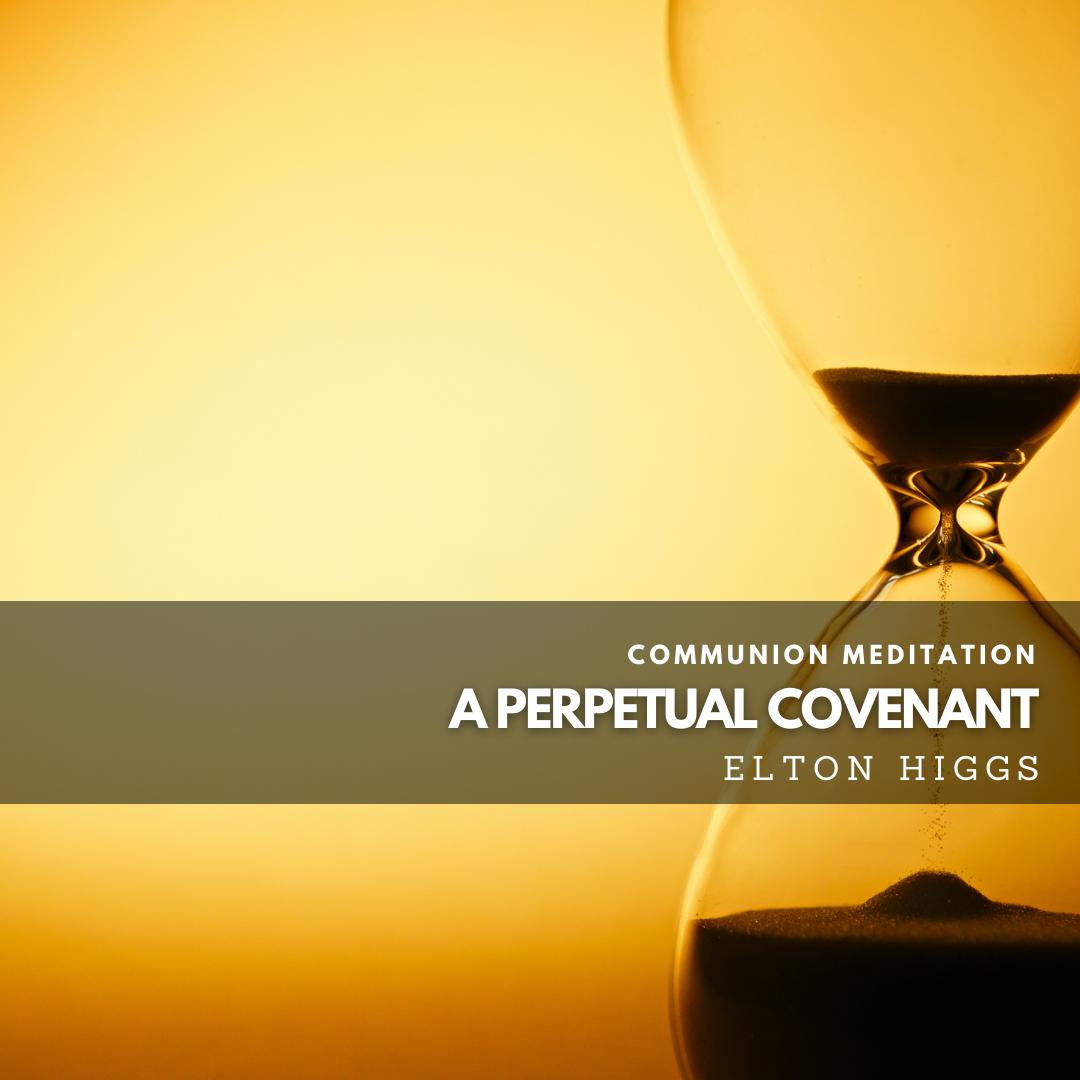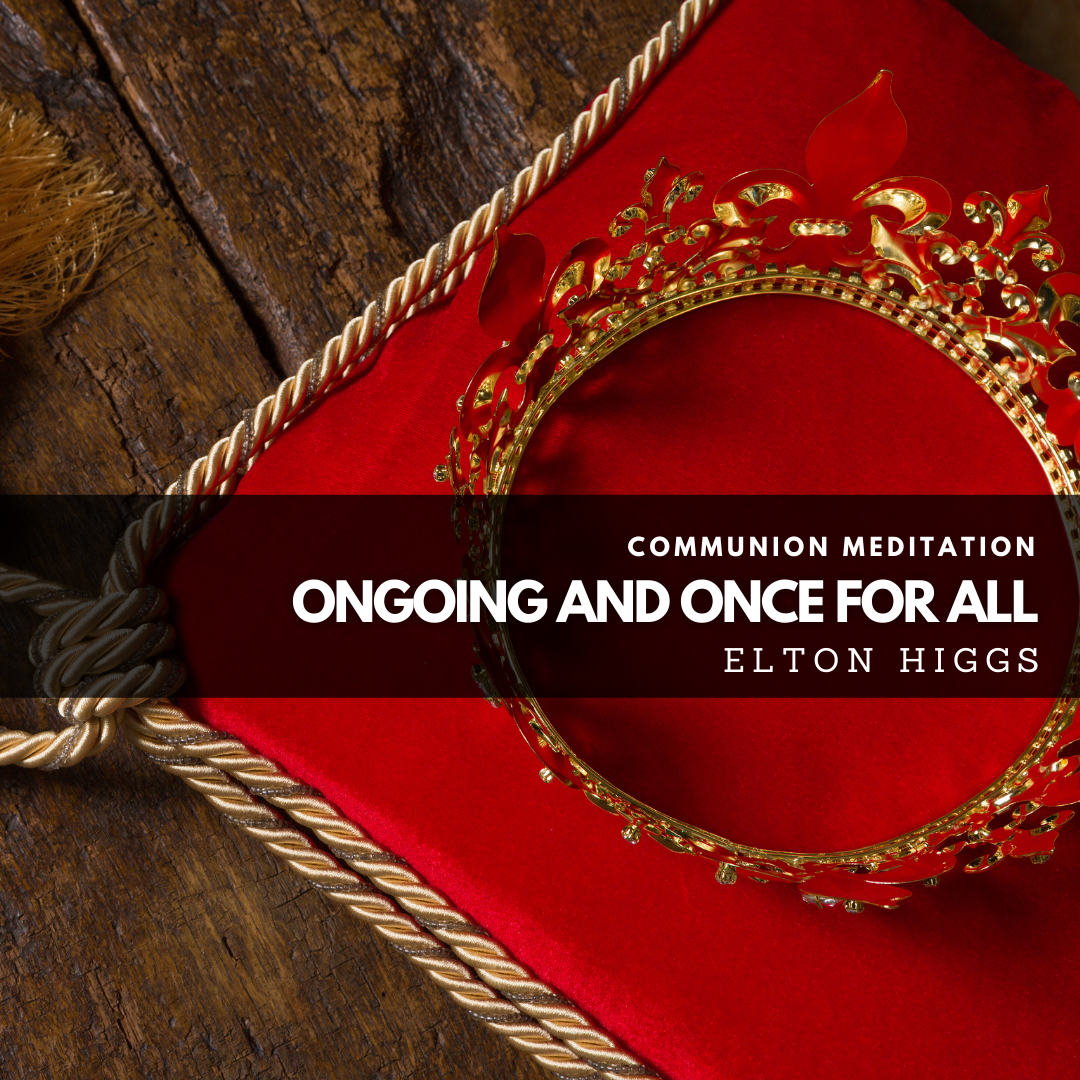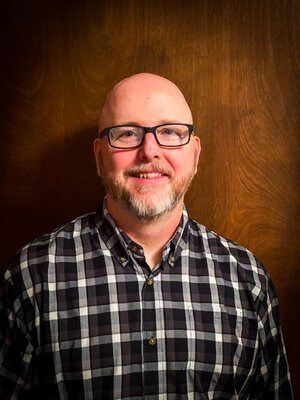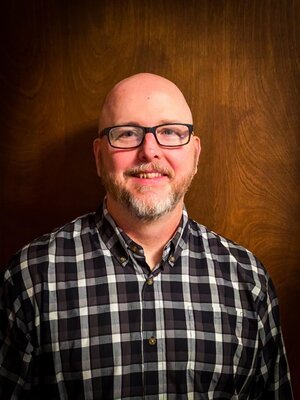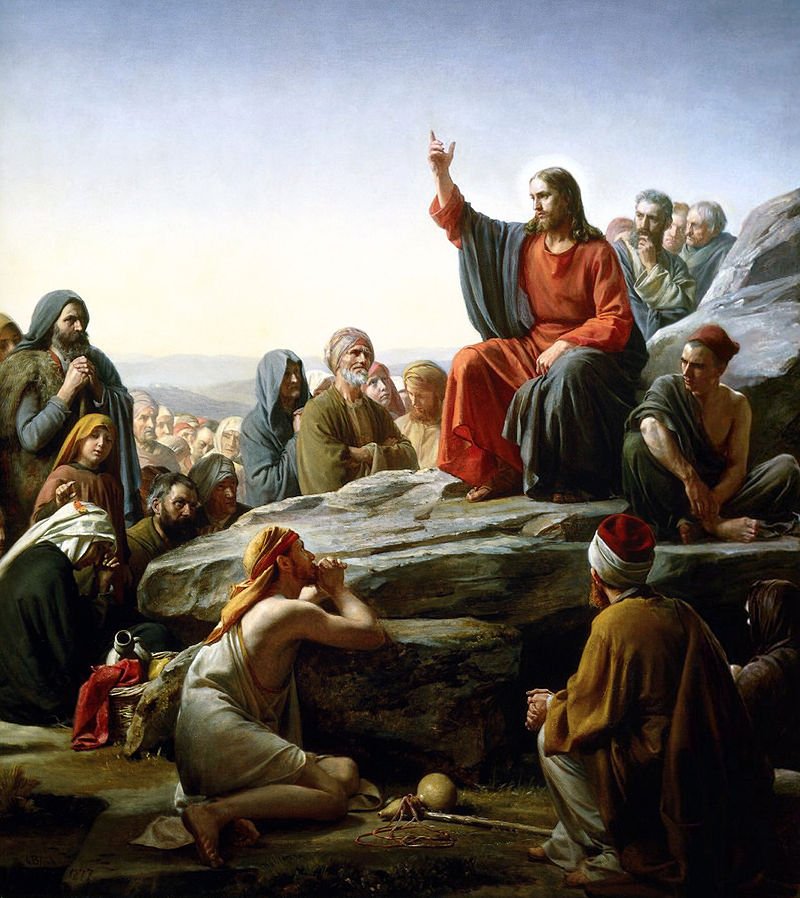It’s that time again. Get ready. Here they come. With pen to paper or fingers to keyboard the lists of New Year’s resolutions will issue forth, and even though many resolutions will not survive the month of January, the impulse to make them is a good one, I suppose. After all, who doesn’t want to do better, to make a change, to lose that weight, write that book, finish that project, or whatever? Who doesn’t resolve to grow in the year ahead? I do, and I suspect you do, too. Well then, here’s a proposed resolution for 2022 that all of us, especially the Christians, can and should put at the top of our lists. Let’s resolve to grow in virtue in the new year, to make 2022 “The Year of Virtue,” if I might be so bold!
What is a virtue? A virtue is what may be described as a stable disposition of the soul, a guiding principle that permeates all a person’s thoughts and deeds. While not everyone may be able to define a virtue with this type of technical specificity, we all know what it looks like when others are virtuous and when they are not. Virtue is attractive, even if we don’t always understand how or why. On this point, it will help to remember that we find virtue attractive and we are able to be virtuous because we are made in the image of God, and He is virtue. He’s not just virtuous, though that is certainly true, but He is virtue, and all our understanding and gravitation toward what is virtuous reflects our being made in God’s image and having a sense of the divine permeating the very fabric of our souls.
To help frame the discussion of virtues a bit more, consider two types of virtues: moral and theological. Moral virtues are the stable dispositions of the soul that all persons, Christian and non-Christian can develop by virtue of God’s common grace in the areas of temperance, prudence, justice, and courage. When we think of temperance, we think of self-control, of the practice of moderation in all things—not too much and not too little of what is good and right. Prudence is like wisdom, the right use of knowledge to the betterment of the person and the society. Justice is that sense of and commitment to what is right, what is righteous, just, and fair. Courage is the ability to face fear and continue to move forward in an endeavor. To be sure, courage is not the absence of fear but the determination to not let fear paralyze and control. These moral virtues all intertwine in relationship to each other, so that, for example, the temperate person is prudent, and her expressions of justice are infused with courage.
How, then, can the moral virtues grow? Of all the possibilities I know, I believe one is most important in this regard. Even in the lack of an abundance of any of the morally virtuous dispositions of the soul, even when courage is small or prudence is hard to identify, a person who exercises what little they have of the virtue will grow in that virtue. Think of a baby’s first steps. They toddle along and fall, first a half step followed by a tumble. Then another full step, a fall, a cry, another attempt, and finally the baby is walking. Though the first step wasn’t a full or stable one, it was an attempt and it led to the next and the next and the next. That’s how moral virtues grow, one feeble choice at a time. Failure gives way to forward movement, and the virtues grows stronger and inspire and sustain each other along the path to human flourishing and happiness. This is true of all persons, as all have the capacity for moral virtue by divine endowment.
What about theological virtues? These are unique to Christians, with capacity for their cultivation given by the grace of God in salvation and infused over time through participation in God’s ordinary means of grace (such as worship, Scripture reading, prayer, fellowship, spiritual disciplines, and the like). Paul lists the theological virtues in 1 Cor. 13:13, declaring that “now abide faith, hope, love, these three; but the greatest of these is love.” Notice that Paul states that faith, hope, and love “abide,” which is to say they live and remain in the believer even when other special manifestations of the Spirit’s gifts may dissipate or disappear in the outworking of God’s salvific plan. These three remain in the believer, with potential for growth as stable dispositions of the Christian soul now and into eternity. Love is the greatest, which is to say it is the primary or controlling theological virtue (just as prudence may be thought of as the greatest or primary moral virtue), and together faith, hope, and love grow and increase together to help Christians become more like Christ, more theologically virtuous as they “work out [their] own salvation with fear and trembling” to accomplish their calling as having been “created in Christ Jeus for good works” as a result of having been “saved by grace through faith.”[i]
I hasten to add that as Christians grow in theological virtue they are going to grow in moral virtue, which will in turn influence their growth in theological virtue. All of this is possible through the goodness of God and His commitment to seeing each believer realize their full potential in Christ. That’s what love looks like, after all. It desires the best for its recipient, and Christians are their best when they are morally and theologically virtuous. That’s how we can represent Christ to the world, to be His living epistles, His icons of virtue and goodness.
We come again, then, to our resolutions for the start of 2022. Join me, brothers, sisters, in resolving to grow in moral and theological virtues. Let’s make 2022 “The Year of Virtue” for the sake of a world in desperate need of God’s goodness and mercy as revealed through His virtuous people.
[i] Phil. 2:12; Eph. 2:8-10.






